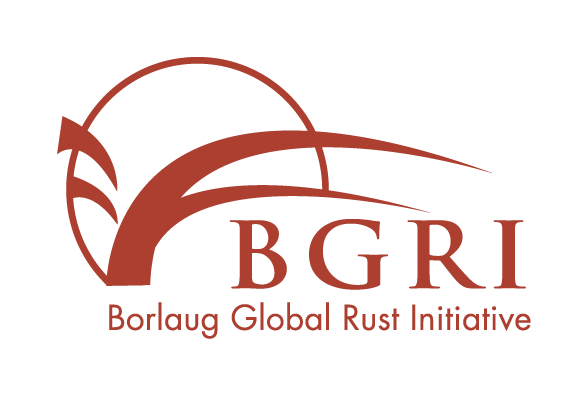Wheat output has decreased due to harsh environmental conditions. Salinity is the most damaging of these stressors in wheat crop development. Although there is a large amount of wheat germplasm available, testing in saline conditions is restricted. As a result, the current study evaluated the performance of 20 wheat genotypes under saline and normal circumstances. The current study was carried out at the Department of Plant Breeding and Genetics at Ghazi University in Dera Ghazi Khan, Pakistan, in both lab and field conditions. The research was carried out on different seedling characteristics of wheat, such as chlorophyll contents, shoot length, root length, fresh shoot weight, fresh root weight and leaf area. Under CRD, the research will be split into two experiments with two treatments and three replications each. Seedling traits were measured at three leaf stage for all genotypes in both treatments. All genotypes, treatments and interaction between genotype and environment showed significantly difference for all traits studied in analysis of variance. Genotypes A8 and A12 showed best performance for most of the traits studied. Correlation analysis indicated that positive and significant association was found between traits like germination percentage, germination rate index and coleoptile length to increase growth of the plant. So, two genotypes A8 and A12 have been identified as salt tolerant when compared with other genotypes under experiment. So, these genotypes, A8 and A12 can be used as parents for hybrid wheat program and wheat varietal development program to increase pe acre yield of the crop at maturity.





